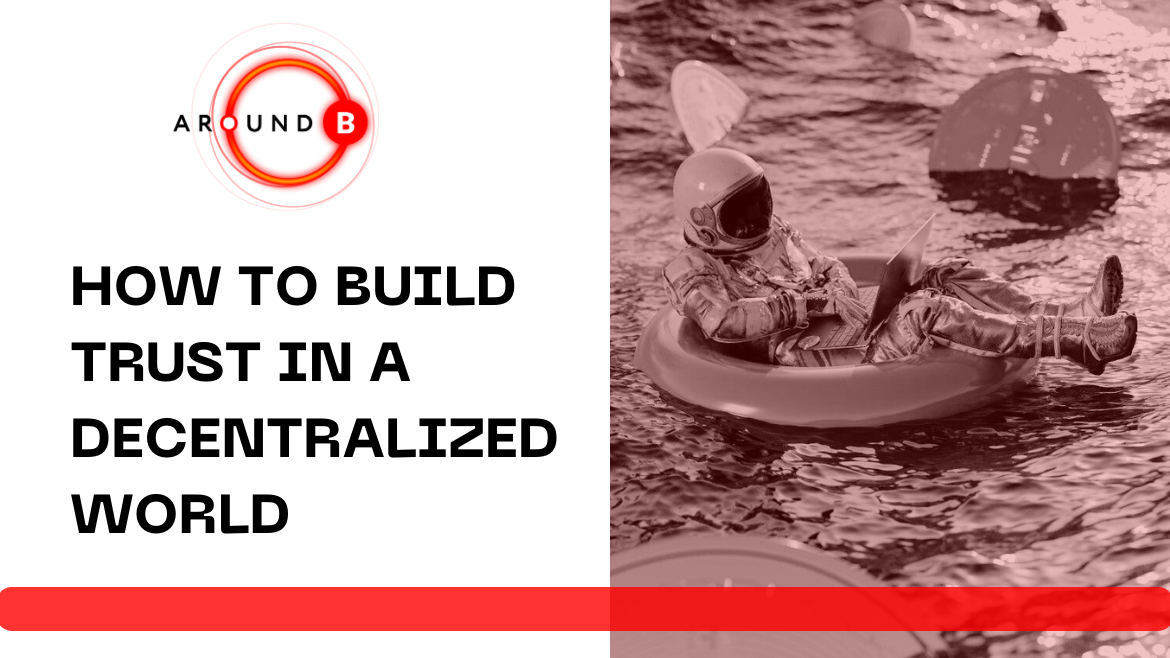
In a world increasingly shaped by decentralization, trust plays a pivotal role in fostering meaningful connections and driving collaborative efforts. With the rise of decentralized technologies such as blockchain, Web3, and decentralized finance (DeFi), traditional trust models are being redefined, presenting both opportunities and challenges. So, how can individuals and organizations build trust in this decentralized landscape? Let’s explore some key strategies:
Transparency and accountability:
Embrace transparency and accountability as foundational principles. In a decentralized world, where transactions are recorded on immutable ledgers and smart contracts execute automatically, transparency becomes paramount. Be open about your actions, decisions, and intentions to build credibility and trust among stakeholders.
Consistent communication:
Maintain open and consistent communication with your community, clients, and partners. Regular updates, progress reports, and clear communication channels help establish trust by keeping stakeholders informed and engaged. Actively seek feedback and address concerns promptly to demonstrate responsiveness and commitment.
Demonstrate expertise and integrity:
Position yourself or your organization as a trusted authority in your field by demonstrating expertise, integrity, and reliability. Share knowledge, insights, and thought leadership through educational content, webinars, and industry events. Uphold ethical standards and values in all interactions to build a reputation for trustworthiness.
Collaborative governance:
Embrace collaborative governance models that empower stakeholders to participate in decision-making processes. Decentralized autonomous organizations (DAOs) and community-governed platforms enable stakeholders to have a voice and contribute to the direction of projects and initiatives. By fostering a sense of ownership and inclusivity, collaborative governance builds trust and strengthens community bonds.
Security and privacy:
Prioritize security and privacy measures to protect sensitive information and assets. In a decentralized world where data breaches and security vulnerabilities are prevalent, robust security protocols and privacy-enhancing technologies are essential. Implement encryption, multi-factor authentication, and decentralized identity solutions to safeguard user data and instill confidence in your platform.
Deliver on promises:
Fulfill commitments and deliver on promises to build credibility and trust. Whether it’s delivering products and services on time, meeting performance expectations, or honoring agreements, consistency and reliability are key. Build a track record of reliability and excellence to establish trust with your audience.
Community engagement:
Foster a vibrant and engaged community around your project or platform. Encourage active participation, collaboration, and contribution from community members. Organize events, hackathons, and forums to facilitate interaction and knowledge sharing. By empowering your community and valuing their input, you build trust and loyalty.
In conclusion, building trust in a decentralized world requires a proactive approach centered around transparency, communication, expertise, collaborative governance, security, reliability, and community engagement. By prioritizing these principles and embracing the values of decentralization, individuals and organizations can establish trust, foster meaningful connections, and drive positive change in the evolving landscape of decentralized technologies.

